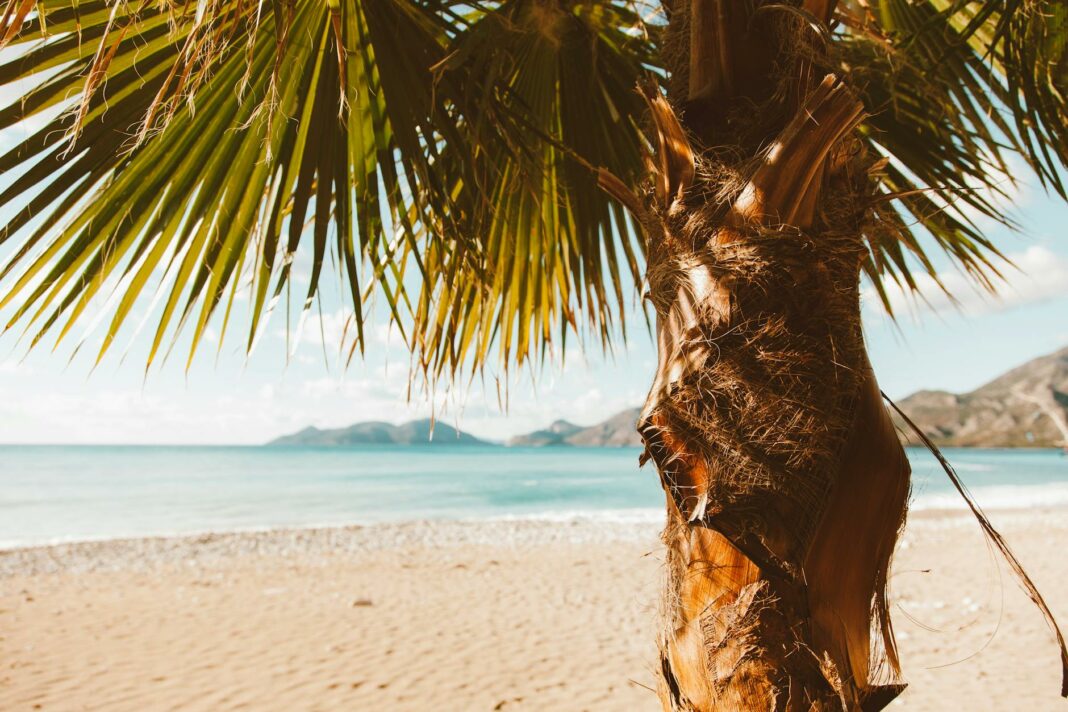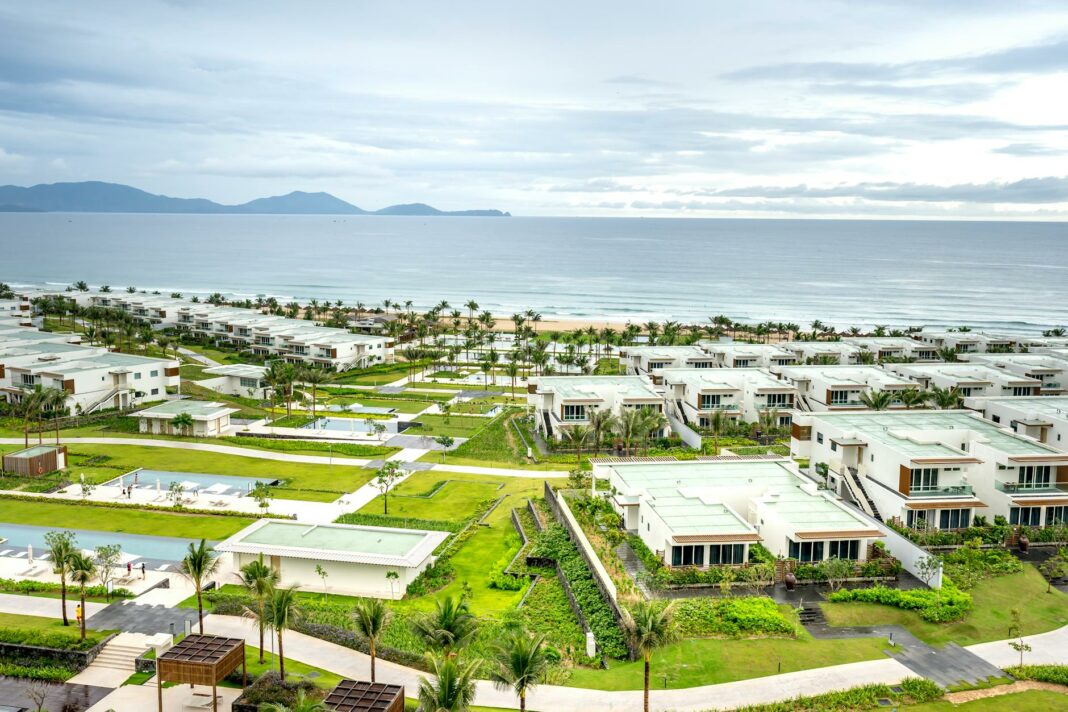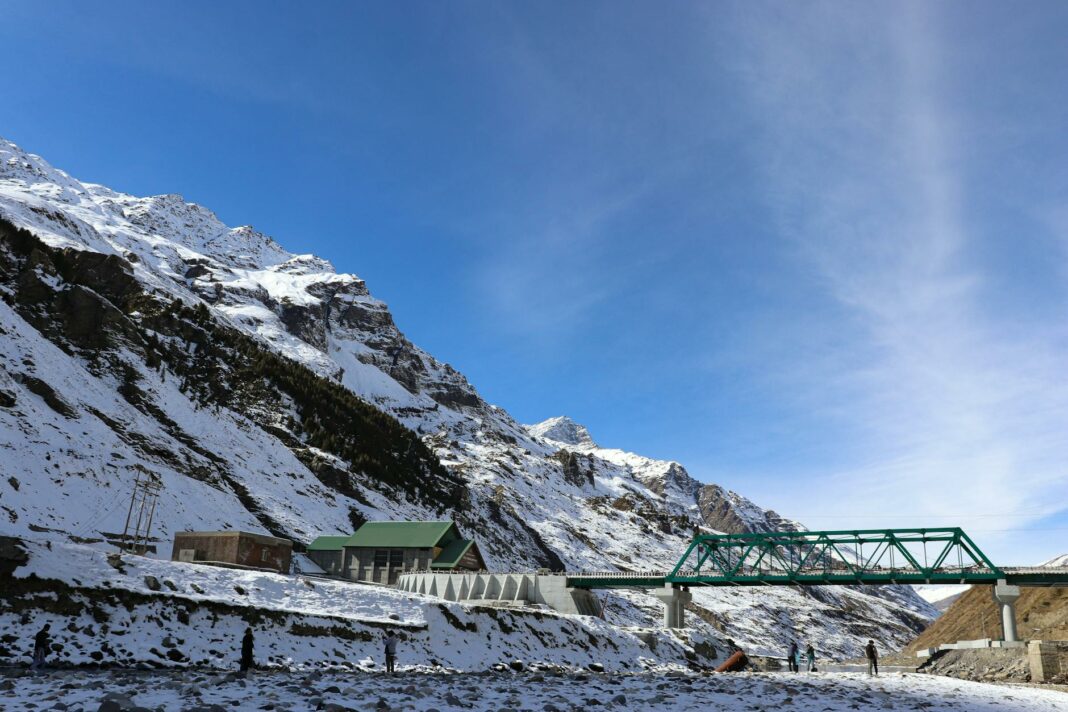In recent years, island hopping has captivated the hearts of adventure seekers and nature enthusiasts alike. The exhilaration of discovering new shores, experiencing different cultures, and basking in stunning vistas make it a rewarding pursuit. However, this trend raises an essential question: are we unintentionally jeopardizing the very paradise we seek? While exploring numerous islands sounds charming, it’s crucial to examine the repercussions of our travel habits on pristine environments. Join us as we delve into the impact of our island hopping habits and explore ways to ensure our adventures remain sustainable.
Table of Contents
1. Impact on the Environment
2. Cultural Considerations
3. Sustainable Travel Solutions
4. Embracing Slower Travel
5. Lasting Contribution to Paradise
6. FAQ
Impact on the Environment
Island hopping can inadvertently affect fragile ecosystems. The sheer volume of travelers can lead to increased waste, pollution, and degradation of natural habitats. As tropical locations often boast delicate flora and fauna, excessive foot traffic on coral reefs and beaches can disrupt local wildlife. Additionally, activities such as snorkeling, boating, and diving can cause physical harm to ecosystems, resulting in long-term damage. With over-tourism trending, it’s crucial to reflect on the effect our wanderlust has on these luxurious destinations and the balance between travel and environmental preservation.
Cultural Considerations
An essential aspect of island hopping is immersing oneself in the local culture. However, rushing from one location to another may lead to superficial encounters rather than meaningful experiences. Travel should foster appreciation for the diverse customs, traditions, and histories that characterize each island. By taking the time to engage with local communities and learn about their way of life, travelers can contribute positively to the preservation of culture while forging authentic connections. This deeper understanding will not only enrich your travel experience but also encourage responsible tourism that respects and honors local practices.
Sustainable Travel Solutions
Exploring sustainable travel options is vital for protecting paradisiacal destinations. Consider staying at eco-friendly accommodations that prioritize environmental responsibility and support local communities. Engaging in responsible activities, such as guided nature walks, wildlife preservation programs, or community-led tours, creates a positive impact while enhancing your adventure. Making conscious decisions while traveling, such as using refillable water bottles or opting for public transport, can also contribute significantly to minimizing your footprint. The key lies in selectively choosing travel experiences that prioritize sustainability and responsibility over quantity.
Embracing Slower Travel
Instead of bouncing from one island to the next like a pinball, consider the allure of slower travel. Taking the time to savor each destination allows for deeper exploration, generating memorable experiences without overwhelming local resources. Slower travel encourages visitors to immerse themselves in the pace of island life, appreciate the natural beauty surrounding them, and connect with the locals. This intentional approach not only benefits the traveler but also enables communities to welcome guests sustainably and graciously. The more deeply you engage with a place, the richer your experience will be, fostering a mutual appreciation that thrives long after your visit.
Lasting Contribution to Paradise
Ultimately, every traveler has the power to effect lasting change. By adopting more mindful island hopping habits, individuals can contribute to the preservation and restoration of these cherished paradises. Supporting conservation initiatives, participating in beach cleanups, and advocating for sustainable practices can leave your destination better than you found it. Instead of seeing oneself as merely a tourist, embracing the role of a responsible steward of paradise encourages others to follow suit and engage thoughtfully. Together, we can transform our travel practices, ensuring future generations can indulge in the beauty of these spectacular islands.
Final Thoughts on Island Hopping
Navigating the complexities of island hopping doesn’t have to be a contradiction. By fostering a greater awareness of our practices and adopting sustainable approaches, we can find striking harmony between exploration and conservation. Each traveler plays a pivotal role in preserving paradise, ensuring that the natural beauty and cultural richness we adore are protected for future adventurers.
FAQ
Is island hopping harmful to the environment?
While exploration can provide enduring joys, mass tourism often strains fragile ecosystems, leading to pollution and habitat damage.
How can travelers minimize their impact during trips?
Becoming a responsible tourist involves using eco-friendly accommodations, participating in community-driven activities, and promoting sustainable practices.
What are the benefits of slower travel?
Taking a more leisurely approach allows for deeper cultural connections and a greater appreciation for each destination, contributing to less strain on local resources.
How can I support local communities while island hopping?
Engaging in locally-owned businesses, practices, and initiatives can empower communities and promote sustainable tourism.
Image Credit: Pexels





